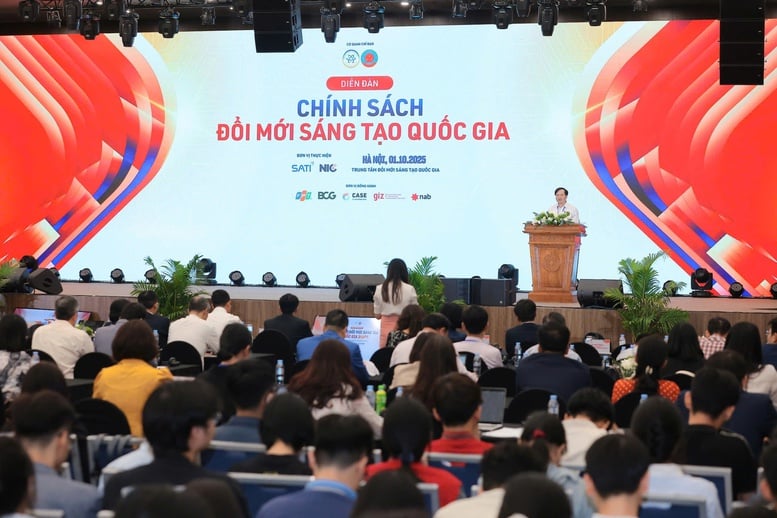
National Innovation Policy Forum - Photo: VGP/TG
At the National Innovation Policy Forum organized by the Ministry of Science and Technology within the framework of the National Innovation Festival 2025, managers, experts and businesses all agreed: Innovation has become a development imperative, an inevitable path for Vietnam to realize its breakthrough aspirations in the coming decade.
Director of the Department of Innovation (Ministry of Science and Technology) Nguyen Mai Duong said that innovation activities are receiving "high" attention from Party and State leaders. The current context poses many requirements, requiring practical actions to institutionalize policies and orientations, and promote innovation activities in a substantial and effective manner.
According to Mr. Nguyen Mai Duong, the Law on Science , Technology and Innovation passed by the National Assembly in June 2025 is an important milestone. For the first time, innovation is clarified in the law and placed on par with science and technology. This is a recognition and a strong commitment of the State in promoting development based on innovation.
Currently, the Ministry of Science and Technology is urgently developing documents guiding the implementation of the Law, especially specific regulations related to innovation, so that the policy can quickly be put into practice.
Enterprises are at the heart of the innovation system.
Emphasizing that enterprises are the center of the national innovation system, Mr. Chu Thuc Dat, Deputy Director of the Department of Innovation, said that a series of incentive policies are being implemented to encourage enterprises to innovate.
These policies include: Tax incentives, loan interest support, research funding support and technological innovation. Enterprises can also receive financial support vouchers to promote product commercialization, encourage consumers to experience new services and products.
A breakthrough step is the establishment of a specialized stock exchange for innovative startups , along with plans to build a national venture capital fund and a local venture capital fund. These financial instruments are expected to “pump blood” into Vietnam’s innovative startup ecosystem.
At the same time, innovation centers are being formed as connecting points, sharing benefits from research, promoting close cooperation between parties in the ecosystem. The goal is that each locality and each ministry and sector will have at least one center , encouraging universities and research institutes to participate. From now until 2030, the whole country strives to have about 100 innovation centers at different levels.
Decree 180 - a "lever" for public-private partnership
In terms of financial policy, Decree No. 180/2025/ND-CP is considered a "lever" for public-private cooperation in the fields of science and technology, innovation and digital transformation.
The representative of the Bidding Management Department (Ministry of Finance) said that this Decree offers a series of outstanding incentives such as: Exemption and reduction of land rent, tax incentives for R&D, risk acceptance mechanism and allowing enterprises to own research results. In particular, state capital participating in PPP projects can account for up to 70% of the total investment. In addition, there is also a mechanism for ordering and funding all or part from the state budget without counting it in the capital participation ratio.
Another notable point is the revenue reduction sharing mechanism, which allows for a 100% sharing of the reduction difference in the first 3 years. This is considered an open policy, creating confidence for businesses to confidently cooperate with the public sector.
“The Ministry of Finance will accompany agencies, organizations, and enterprises in implementing PPP in science, technology, and innovation. We are developing a PPP handbook and enhancing direct dialogue with ministries, branches, and localities to remove difficulties and promote implementation,” emphasized a representative of the Ministry of Finance.
From a business perspective, Mr. Dang Tan Duc , Director of the R&D Institute of Becamex Group, said that the spirit and determination for innovation in Vietnam has never been as strong as it is today. Institutionalization through laws, decrees, and circulars is proof of the State's commitment to accompanying businesses.
Mr. Duc commented that Vietnam has become a production base for many global technology corporations, but most of them only participate in the assembly stage, which accounts for only 1-3% of product value. The challenge is how to increase the technology content in products, gradually participating more deeply in the global value chain.
According to Mr. Duc, by investing in technology, management and workers' skills, businesses will create competitive advantages and move towards technology-intensiveness, and further, intellectual-intensiveness.
International lessons and local practices
From international experience, Professor Tsuyoshi Usagawa (Kumamoto University, Japan) believes that to form an innovation ecosystem, close coordination between the government, universities and businesses is needed. He points out three common directions: forming startups from university research, businesses ordering research and originating from community ideas through competitions.
Japan has faced a “gap” between laboratory research and commercialization. To overcome this, the country has used university-sponsored crowdfunding and given universities autonomy since 2004 to expand collaboration and commercialize intellectual property.
Sharing local practices, Mr. Ho Quang Buu , Vice Chairman of the People's Committee of Da Nang City, said that Da Nang has led the Vietnam ICT Index for 14 consecutive years and attracted more than 2 billion USD in technology investment in the 2021-2025 period, creating 20,000 high-quality jobs.
This locality has applied special policy mechanisms such as tax exemption for technology human resources, support for startups, allowing controlled testing of new technology solutions, thanks to which, many breakthrough projects have appeared such as the licensed experimental crypto asset conversion project...
Along with that, Da Nang focuses on developing digital infrastructure, software parks, regional data centers and AI, Big Data, and public administration automation projects. “Innovation is not a choice, but a development imperative ,” Mr. Ho Quang Buu affirmed.
Experts believe that innovation is the inevitable path for Vietnam to achieve high economic growth, even double digits. With an increasingly synchronous policy system, strong participation of enterprises, the formation of innovation centers and international support, Vietnam has full basis to confidently enter a new stage of development.
Thu Giang
Source: https://baochinhphu.vn/lan-gio-moi-tu-chinh-sach-doi-moi-sang-tao-dong-luc-cho-tang-truong-102251002144847191.htm



![[Photo] Binh Trieu 1 Bridge has been completed, raised by 1.1m, and will open to traffic at the end of November.](https://vphoto.vietnam.vn/thumb/1200x675/vietnam/resource/IMAGE/2025/10/2/a6549e2a3b5848a1ba76a1ded6141fae)




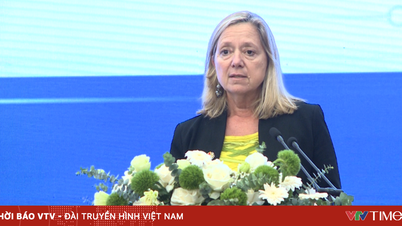

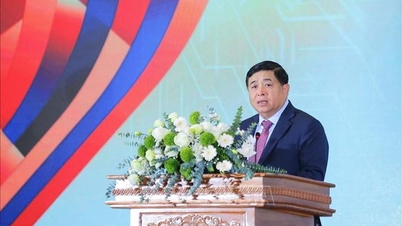


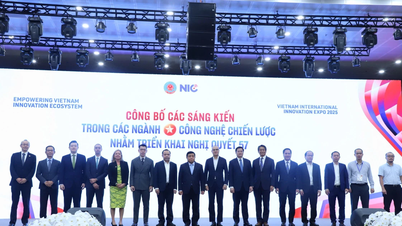

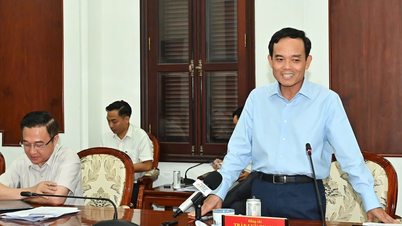

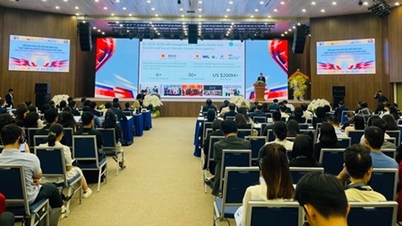

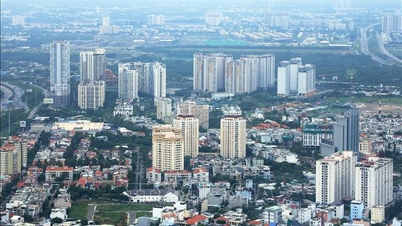
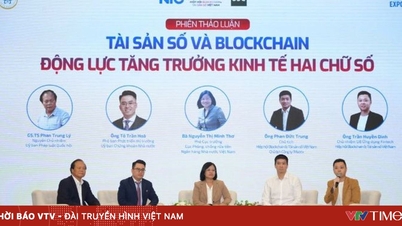
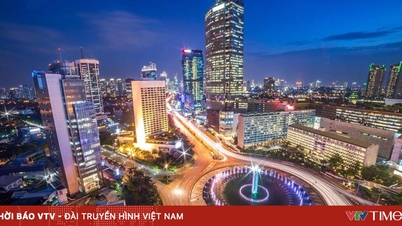
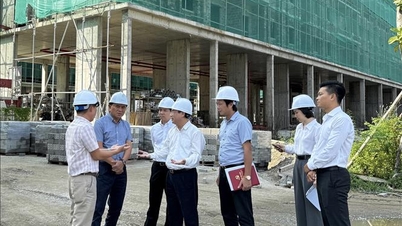

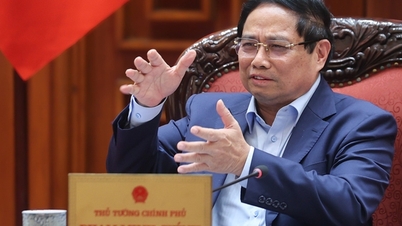




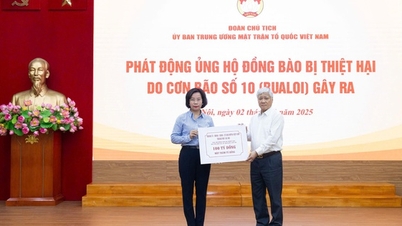
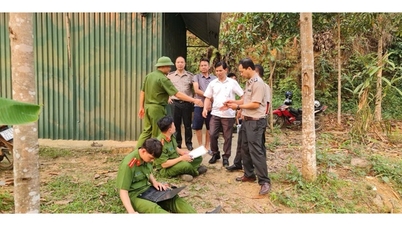
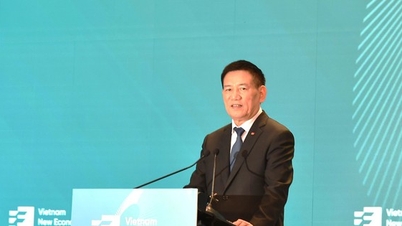
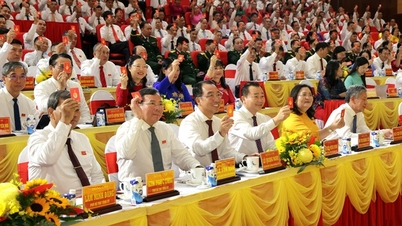
















































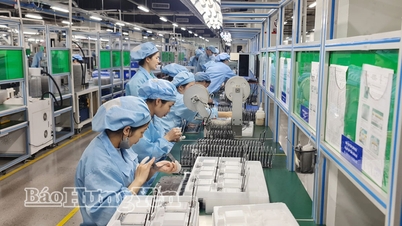

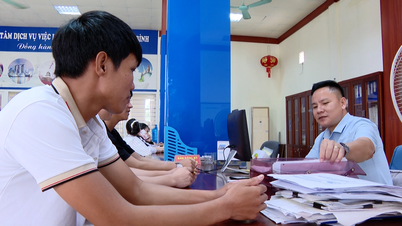

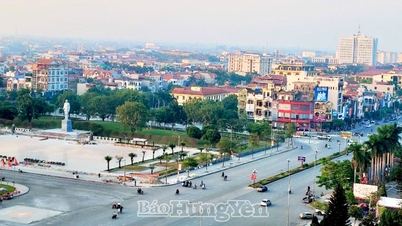

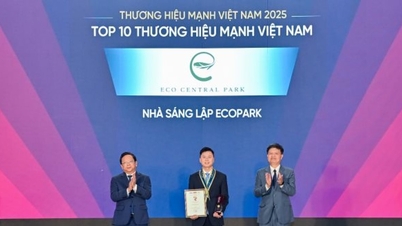














Comment (0)